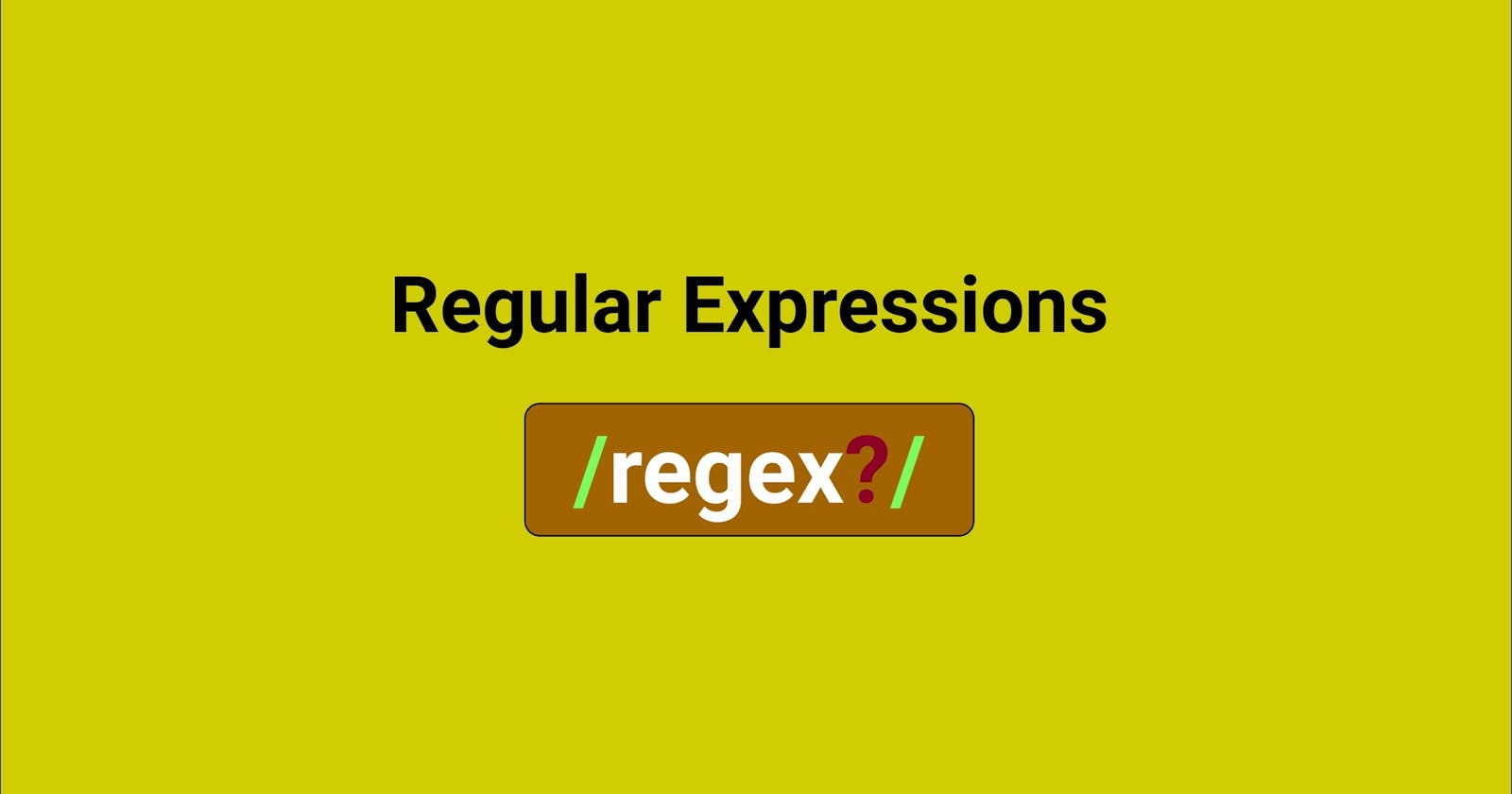Whether you’re a seasoned developer or a newbie, regex can be a powerful tool in your programming toolkit. This guide aims to demystify regex with a handy cheat sheet included. Let’s get started!
What is Regex?
Regex, short for Regular Expressions, is a powerful pattern-matching tool used in programming for searching, manipulating, and validating text. It’s like a secret code for finding and working with text data.
Basics
Characters
.(dot): Matches any single character except a newline.*: Matches zero or more occurrences of the previous character.+: Matches one or more occurrences of the previous character.?: Matches zero or one occurrence of the previous character.
Character Classes
[abc]: Matches any single character 'a', 'b', or 'c'.[^abc]: Matches any single character except 'a', 'b', or 'c'.[a-z]: Matches any lowercase letter.[A-Z]: Matches any uppercase letter.[0-9]: Matches any digit.\w: Matches any word character (alphanumeric or underscore).\W: Matches any non-word character.
Anchors
^: Matches the start of a line.$: Matches the end of a line.
Special Characters
Escape Characters
\: Escapes special characters. For example,\.,\\, or\(.
Alternation
|: Matches either the expression before or after the pipe. For example,foo|barmatches 'foo' or 'bar'.
Groups
(...): Groups expressions together. For example,(ab)+matches 'ab', 'abab', and so on.
Quantifiers
{n}: Matches exactly 'n' occurrences.{n,}: Matches 'n' or more occurrences.{n, m}: Matches between 'n' and 'm' occurrences.
Practical Examples
Email Validation
^[a-zA-Z0-9._%+-]+@[a-zA-Z0-9.-]+\.[a-zA-Z]{2,}$
Date Matching
(0[1-9]|1[0-2])/(0[1-9]|[12][0-9]|3[01])/\d{4}
URL Extraction
https?://\S+
Phone Number Extraction
\d{3}-\d{3}-\d{4}
Flags
Flags can modify how regex behaves. Common flags include:
i: Case-insensitive matching.g: Global matching (find all occurrences).m: Multiline matching.
Online Tools
There are plenty of online regex tools to test and experiment with regex patterns. Some popular ones include RegExr, RegEx101, and RegexPlanet.
Conclusion
Regex is a versatile tool that can save you time and effort when working with text data. It may seem intimidating at first, but with practice and a handy cheat sheet like this, you’ll become a regex ninja in no time!
Remember, regex is a skill that improves with practice. Don’t get discouraged if you don’t master it right away. Keep experimenting and refining your patterns, and you’ll be using regex like a pro in no time! 🚀🔍🎉
